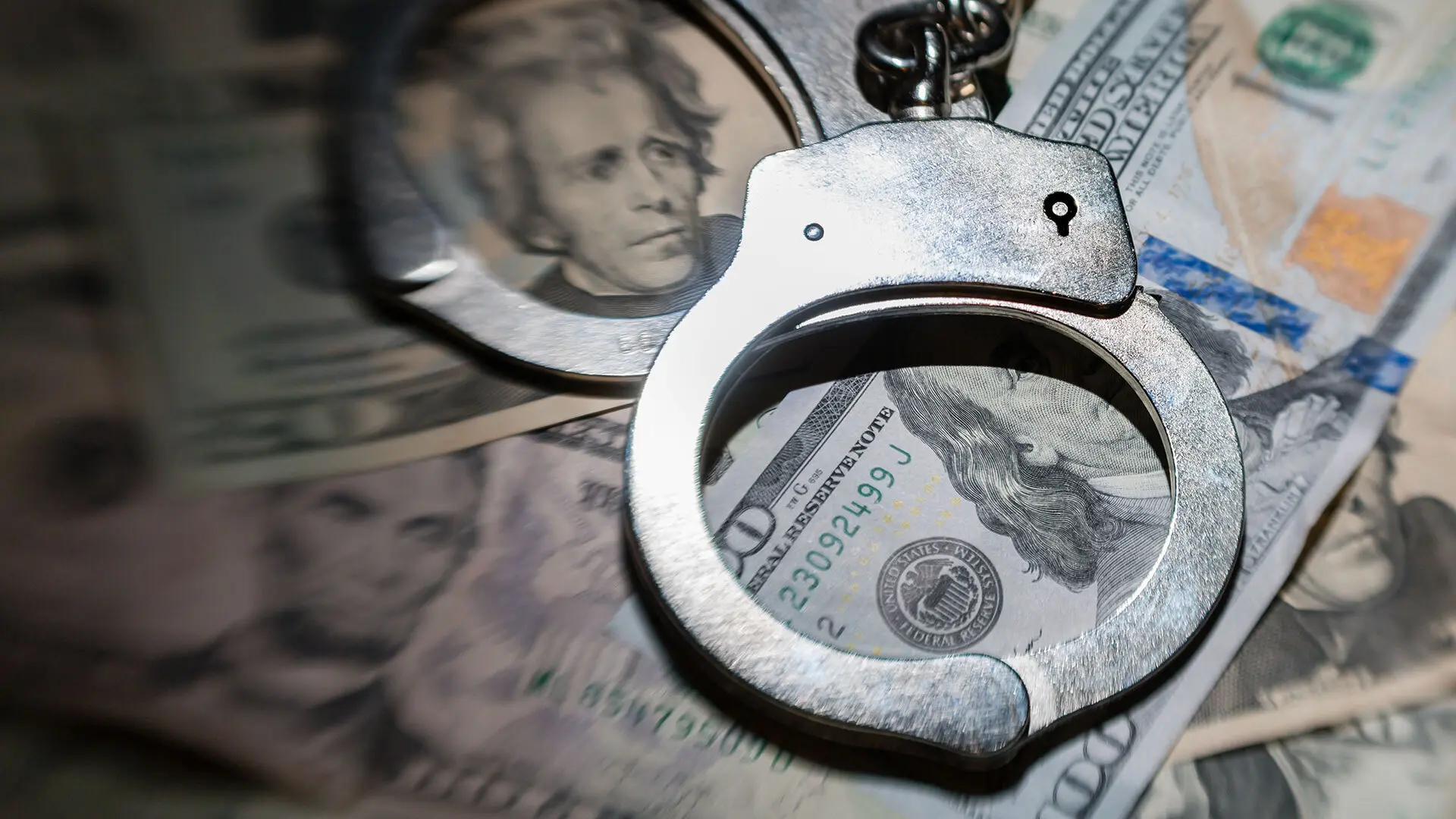
Photo by Alamy
This news story is reposted with permission from Maryland Today and is written by Sala Levin ’10.
Watch a prestige drama from the last 25 years and you’ll likely learn a little bit about financial crimes. Carmela Soprano taught us that any cash deposit over $10,000 will trigger a report to the federal government. We learned from “Breaking Bad’s” Walter and Skyler White that a car wash is a perfect front for money laundering. The Roys on “Succession” taught us … something about insider trading (and a lot about dysfunctional families).
In “Frauds, Scams and Thefts: What, How, and Why?,” students get acquainted with the details of financial scheming from a more reputable source than HBO: the long career of CPA and lecturer Samuel Handwerger. Throughout the course, he ties the material to moments from his professional life, illustrating how the principles discussed in class play out in real life.
“Even if the students don’t plan on becoming an accountant or tax lawyer, I hope they get an appreciation for the issues that we deal with and the fun part of the career, as well,” said Handwerger.
He uses real-world examples to illustrate issues like tax fraud, mail and wire fraud, money laundering and insider trading. He lectures on Elon Musk’s tussle with the Securities and Exchange Commission over the billionaire’s 2018 tweet that he’d secured funding to take Tesla private and his subsequent change of heart, which sent the market into a tailspin. Another lesson draws from the 2019 “Varsity Blues” scandal, in which wealthy parents bribed university admissions officials and fraudulently inflated their kids’ standardized test scores; the case led to convictions and guilty pleas for a number of minor celebrities on wire and mail fraud charges.
The course also touches on key historical moments that have shaped financial laws and regulations, like the enactment of the 1934 Securities Exchange Act and the 1968 SEC v. Texas Gulf Sulphur case, which created standards related to insider trading.
During the second half of the course, students have the chance to share what they’ve learned with younger people in an assignment that asks them to make fraud awareness videos that will be shared with local high schools.
Students are drawn to the class for its deep dive into some of the more titillating aspects of finance, said Handwerger, who has taught the course for four years. He hopes that they walk away with a keener eye for spotting fiscal fishiness and a better understanding of how to conduct their personal and professional financial affairs in an above-board way.
Handwerger “is really passionate, and he has insider information about a lot of the subjects we talk about,” said Sophie Taskila ’28. “It’s a really engaging class.”
Take This Class! Is an occasional series that profiles unique and engaging courses available to any undergraduate student at the University of Maryland. Got a class you’d recommend? Email today@umd.edu.
Media Contact
Greg Muraski
Media Relations Manager
301-405-5283
301-892-0973 Mobile
gmuraski@umd.edu
About the University of Maryland's Robert H. Smith School of Business
The Robert H. Smith School of Business is an internationally recognized leader in management education and research. One of 12 colleges and schools at the University of Maryland, College Park, the Smith School offers undergraduate, full-time and flex MBA, executive MBA, online MBA, business master’s, PhD and executive education programs, as well as outreach services to the corporate community. The school offers its degree, custom and certification programs in learning locations in North America and Asia.